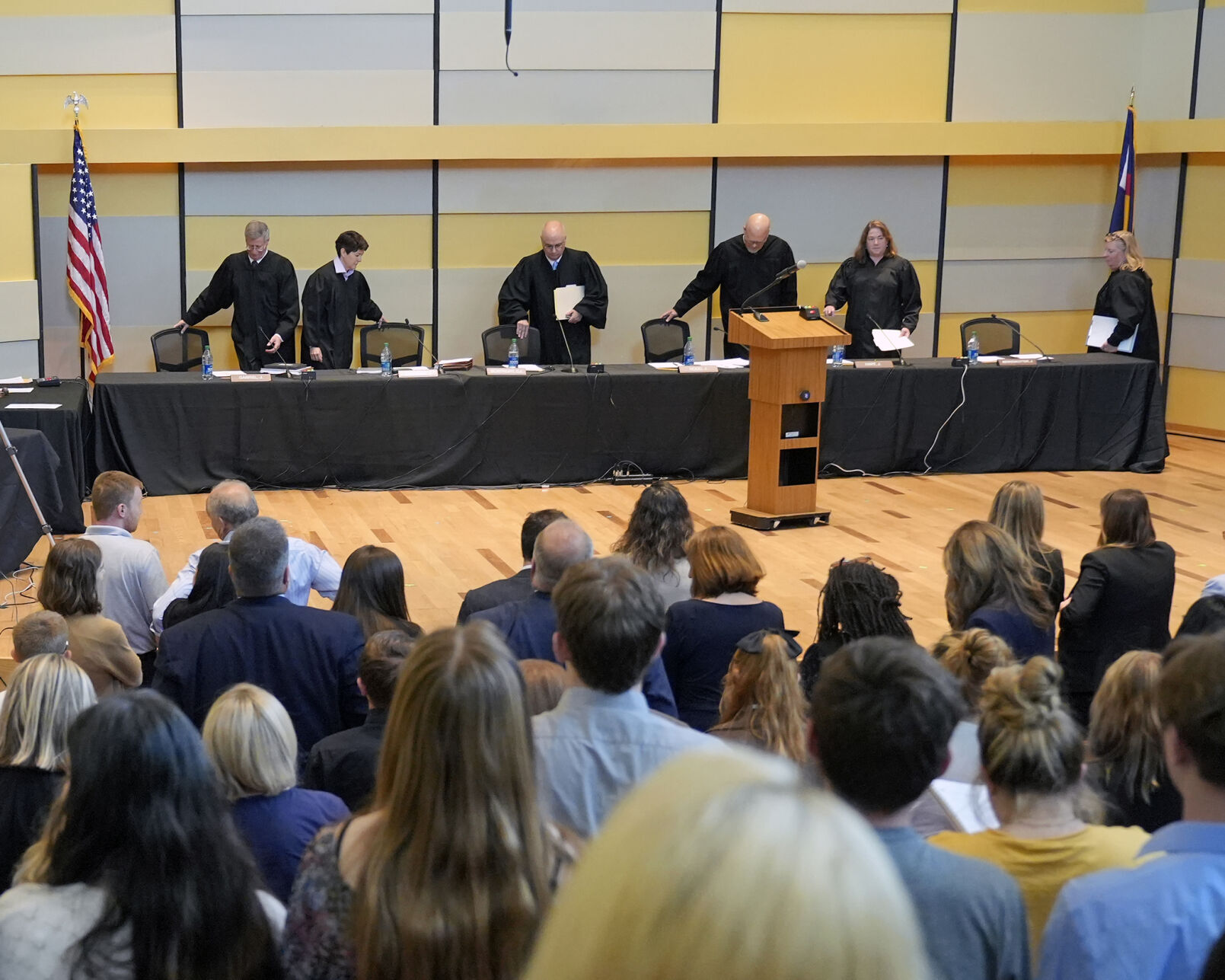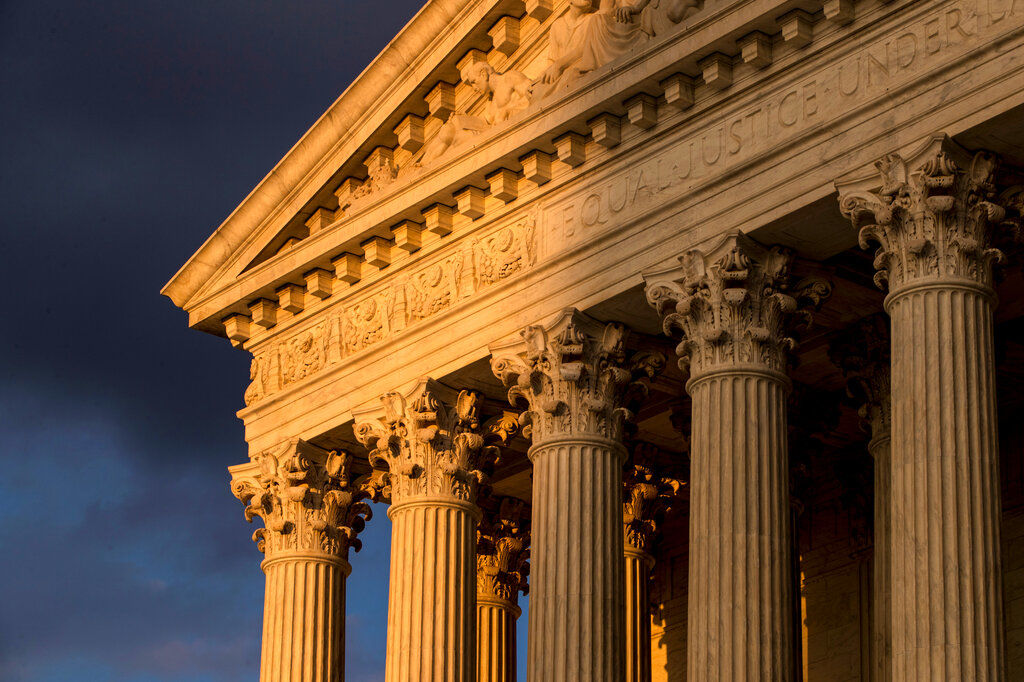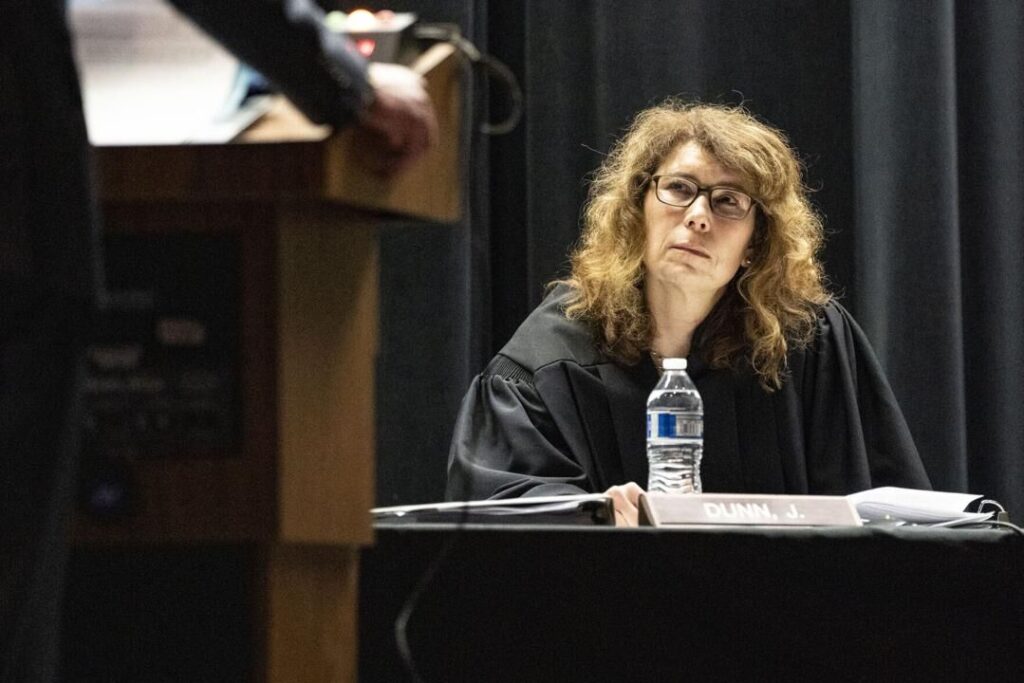Colorado justices consider how changes in law should benefit defendants on appeal

When the Colorado Supreme Court decided in late 2020 that defendants charged with felony drunk driving offenses were being tried and convicted contrary to the law’s design, it resulted in the reversal of many DUI convictions on appeal.
The government argued against overturning the conviction of one affected defendant, Charles James Crabtree, because the trial court’s mistake was not “obvious” at the time of Crabtree’s trial. The state’s Court of Appeals rejected that view, finding obviousness is instead measured at the time of appeal.
Then the government turned to the state Supreme Court, asking the justices to decide how courts should treat cases where a defendant stands to benefit from a legal change during appeal, despite failing to object to the issue at trial. In those circumstances, courts typically look for “plain error,” meaning one that was obvious.
“Plain error has to be obvious to the trial court,” said Senior Assistant Attorney General Carmen Moraleda during oral arguments on Wednesday. “I’m hard-pressed to quote Inigo Montoya from ‘The Princess Bride’: If ‘obvious’ means time of appeal, then it doesn’t mean what we think it means.“
Mallika L. Magner, representing Crabtree, countered that the public would struggle to understand why someone’s criminal conviction should stand even when the law underlying their conviction clearly changes in their favor on appeal.
“Joe Citizen can’t believe that an invalid conviction would be affirmed on a technicality. Because that’s what would happen,” she said.
In November 2020, the Supreme Court decided Linnebur v. People, finding that the state’s felony DUI law required juries, not judges, to decide beyond a reasonable doubt whether a defendant had at least three prior drunk driving convictions. In practice, juries had only been deciding whether defendants committed the current DUI offense, then judges would separately determine whether the defendant had the necessary priors.
Crabtree’s trial in Boulder County took place under the old understanding of the law, but the Supreme Court handed down Linnebur while Crabtree appealed.
A three-judge panel for the Court of Appeals agreed the error in convicting Crabtree was obvious at the time of appeal and, therefore, it did not need to consider whether it would have also been obvious at the time of trial.
The panel’s opinion cited Henderson v. United States, a 2013 U.S. Supreme Court decision that endorsed the “time of appeal” approach to obviousness in federal cases. The Court of Appeals explained it would be illogical to require defendants to object when the law seems settled at the time of trial – not knowing an appellate decision will soon result in a different interpretation.

Crabtree and the government disputed whether the Colorado Supreme Court, for state criminal cases, should adopt a time-of-trial or a time-of-appeal standard for obviousness.
Magner argued for looking at the time of appeal, not “because the feds say so. I’m urging you to adopt Henderson because of fairness, fundamental fairness, when the law has changed,” she said.
Moraleda, on the other hand, warned that if the state Supreme Court were to agree with Magner, it should adopt the entirety of the federal approach. That would mean looking at not only the obviousness of the error and whether it substantially affected a defendant’s rights, but anlayzing how it seriously affected the “fairness, integrity or public reputation of judicial proceedings.”
Multiple members of the court worried the latter factor would make it nearly impossible to overturn an obviously erroneous conviction.
“An appellate court just gets to say, ‘We’re not bothered by this conviction. Guilty anyway,'” said Justice Richard L. Gabriel.
“It seems to give discretion to the trial court to make a very subjective determination,” agreed Justice William W. Hood III. “Why doesn’t it become a way for a judge to decide, ‘Well, despite all these other findings, I’m just not feeling it?'”
“I share that concern,” concluded Justice Monica M. Márquez, calling the added factor a license to “ignore these otherwise egregious errors.”
Justice Melissa Hart was not present for oral arguments, but will participate in the decision. Chief Justice Brian D. Boatright announced she was “not available this morning to be in court.” The Supreme Court’s clerk had no further information about Hart’s absence.
The case is People v. Crabtree.














